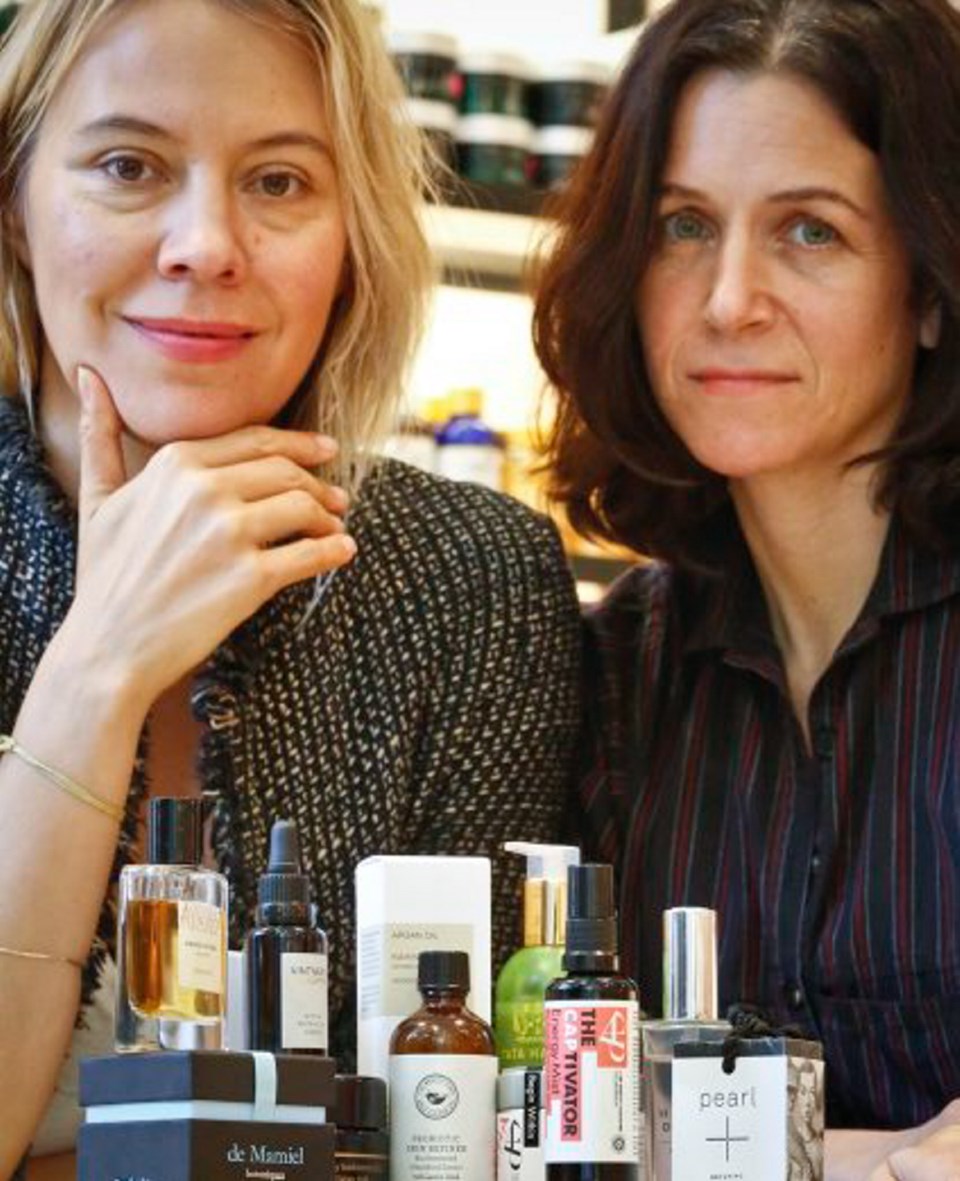MIAMI — The makeup industry is trying to convince women that looking good on the outside starts from within — but it’s unclear whether the products they’re trying to hawk are safe and effective.
Big-name beauty companies and retailers including Sephora and Urban Outfitters are rolling out pills and drinkable liquids loaded with exotic herbs, vitamins, seeds, berries and substances such as collagen. The products promise to do things such as firm up skin and improve its natural glow.
The trend is picking up steam. Although a small portion of the $16-billion US beauty-products market, sales of beauty supplements targeting the face have grown from less than $1 million US in 2013 to more than $4 million in 2015, according to market research firm the NPD Group.
But unlike the instant glam provided by a swipe of blush or lipstick, pills and other so-called “nutraceuticals” add a layer of questions about safety and effectiveness as some consumers may see ingesting something in the name of looking lovely a lot differently than simply rubbing something into the skin. And similar efforts have tanked in the past: Industry titans such as Oil of Olay peddled vitamins promising glowing skin and hair more than a decade ago to no avail.
Today, companies are being buoyed by celebrities who swear by these ingestible beauty products. In January, actor Gwyneth Paltrow shared the recipe for a daily shake on her online magazine’s website goop — an almond-milk-based concoction that includes a product from Moon Juice’s line, with ingredients that are said to create a glowing complexion and healthy hair. Actor Jennifer Aniston also has said she puts collagen peptides in her morning shake.
And there’s a movement by everyday people to incorporate natural products into their lives for everything from the foods they eat to dish soap and mascara they use. An entire generation of consumers has evolved from merely reading food labels to scrutinizing chemicals in everything. “The theme across all consumer categories is more natural ingredients for all the products they’re purchasing,” said Sarah Jindal, a senior beauty analyst for Mintel. “That’s going to continue to become more and more important to the consumer.”
The larger question for some consumers is whether the products work. So-called ingestibles have been popular in Asia where collagen yogurts and marshmallows are common, but they’re relatively new in the U.S., where they largely fall under the massive $30 billion to $40 billion dietary supplement industry regulated by the Food and Drug Administration. The agency also oversees supplements sold in grocery stores and pharmacies. But many don’t come to their attention, as the agency’s team of less than two dozen people is charged with overseeing roughly 85,000 products.
The FDA’s power only kicks in after the products are on the market, meaning the manufacturer does not have to demonstrate safety or effectiveness beforehand.
“Many consumers assume the products are safe and are not harmful because they can be purchased at reputable retailers or they think the fact that is available for sale means that FDA said it was OK. Unfortunately, this is not always the case,” said FDA spokeswoman Lyndsay Meyer.
The law might actually make it easier for marketers to peddle these products to consumers because dietary supplements by law can make some beauty promises that makeups and creams cannot. For example, a dietary supplement can legally claim its product can grow longer hair or improve production of collagen, which is said to improve skin’s elasticity.
It also means the burden is on companies to tell the truth about efficacy claims and the quality of the ingredients. “The fact is that what a company claims is in its products and what is actually in them is not always the same,” FDA’s Meyer said. “And often we’re not aware of these discrepancies until we’re able to inspect a company to make sure.”
Despite questionable science, beauty companies are rolling out their versions of ingestibles. Urban Outfitters started selling several beauty powders from the Moon Juice line, which includes popular products such as Beauty Dust, a $65 powder that includes goji and pearl and is said to create a glowing complexion and healthy hair. Sephora is also capitalizing on the trend.
At the chic New York boutique CAP, the bestseller among skin care products and makeup is Glow Inner Beauty Powder ($70) by The Beauty Chef. It’s made of about two dozen ingredients including probiotics, mung beans, maqui berries, quinoa, chia, turmeric and alfalfa seeds that are mixed with water.
CAP store owners Kerrilynn Pamer and Cindy DiPrima Morisse say 40 per cent of the store’s top 10 products by revenue are ingestible items made of exotic ingredients.
“If you’re going for your most radiant beauty and you’re not addressing what you’re eating, you’re never going to get 100 per cent there,” Morisse said.
Companies say one of the biggest hurdles for them is helping consumers get over the expectation of getting the same immediate results may come from a moisturizer.
This makes it harder for companies to capture a loyal following because typical consumers are less likely to stick with it.
“It’s a slower return. ... Most consumers tend to really want a quick fix and immediate results and these things don’t happen immediately,” said Karen Grant, a beauty industry analyst with NPD Group.



